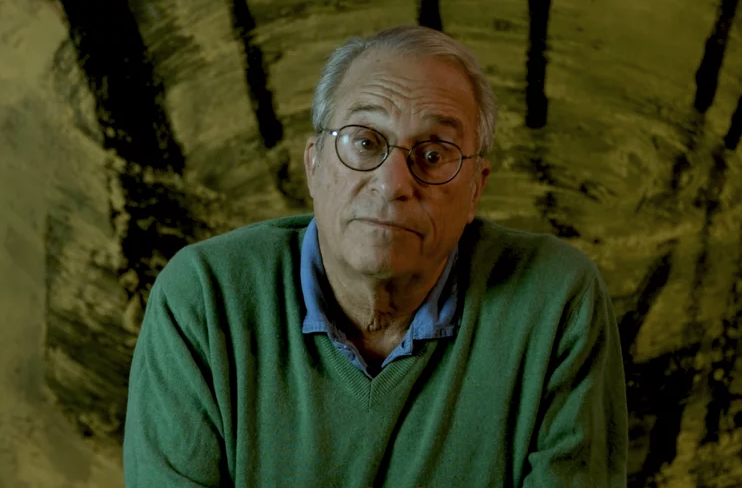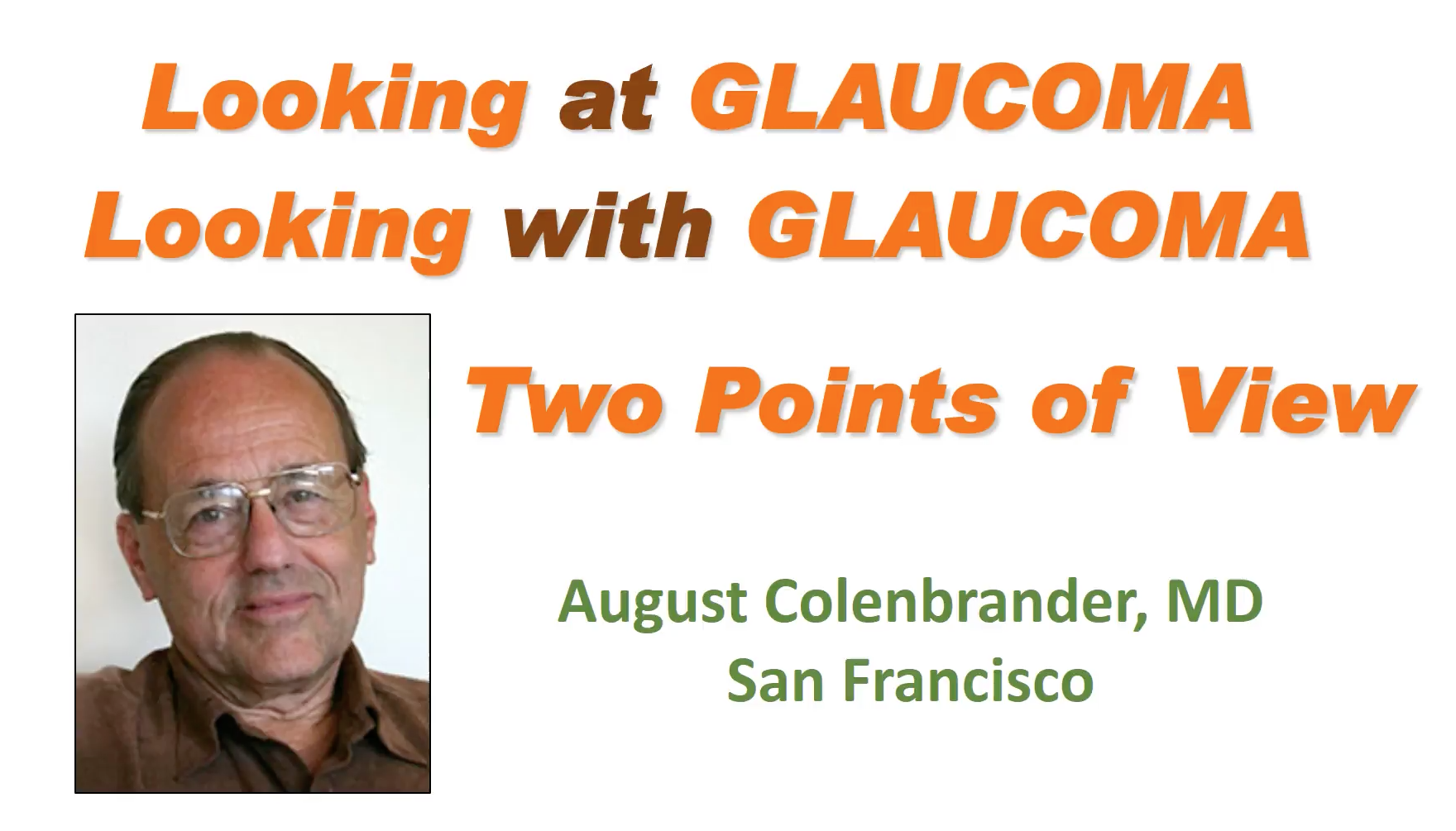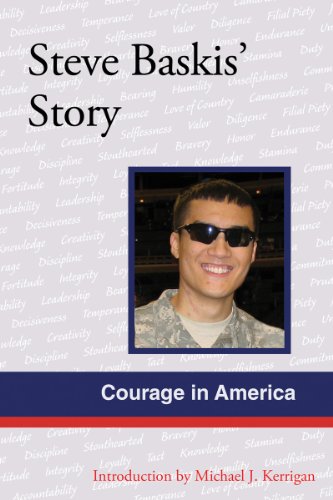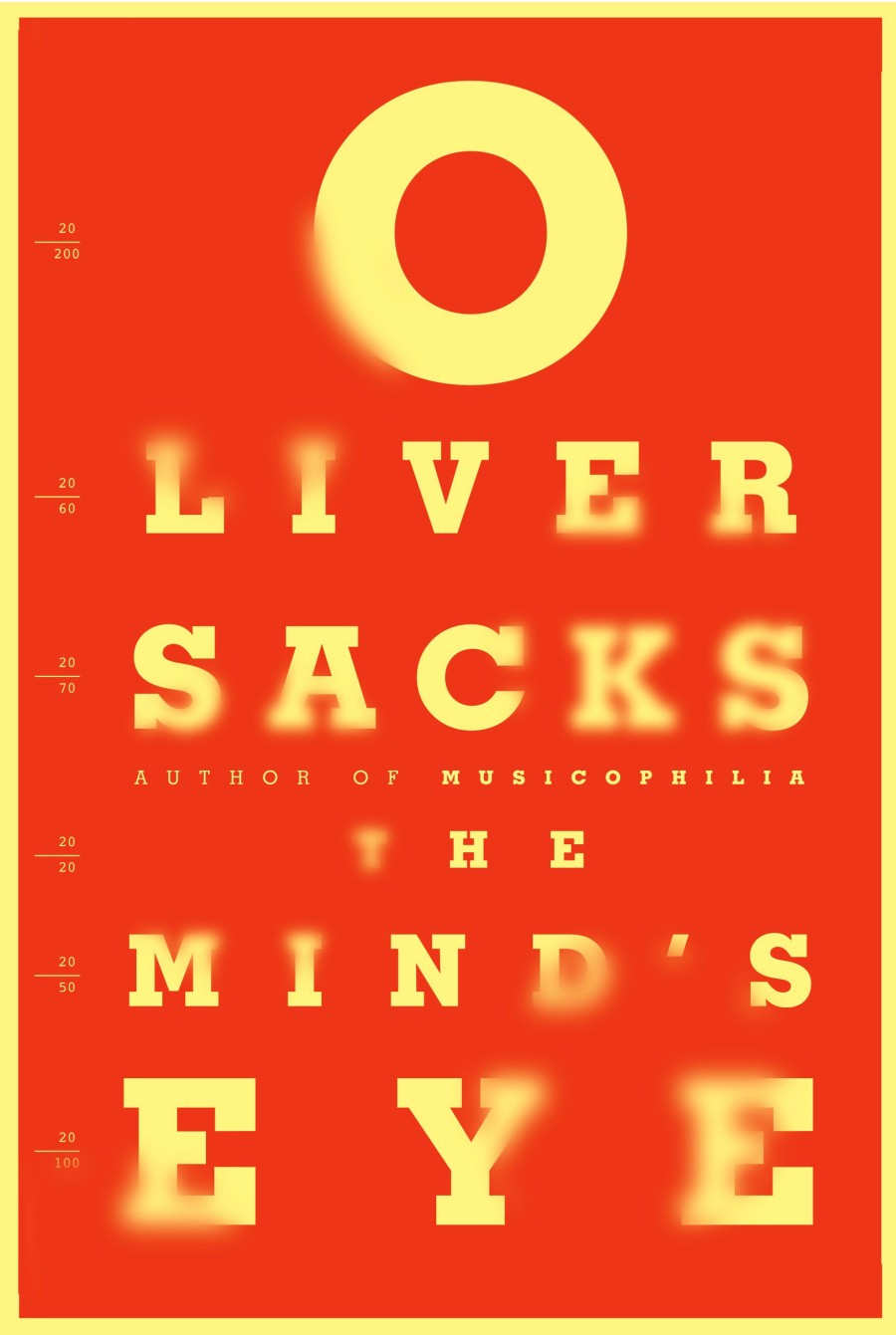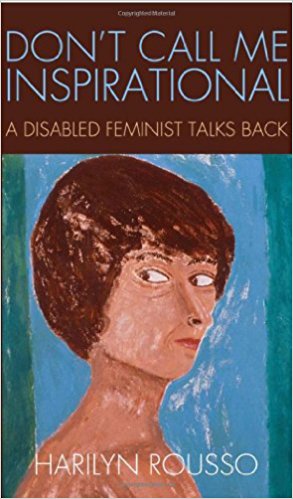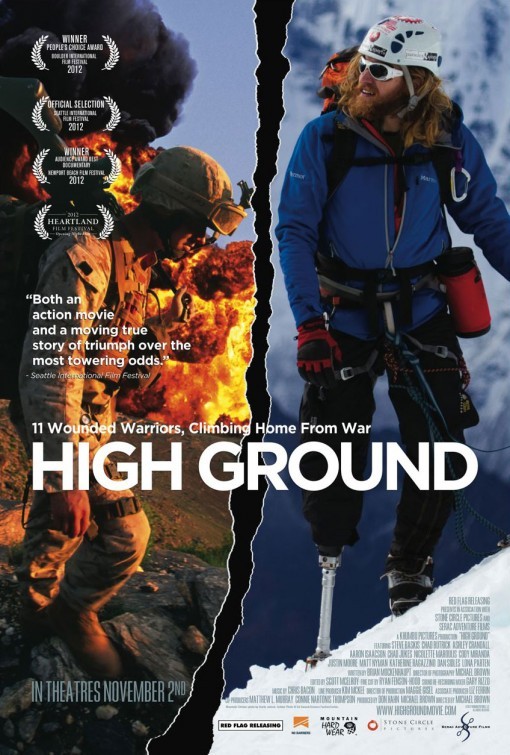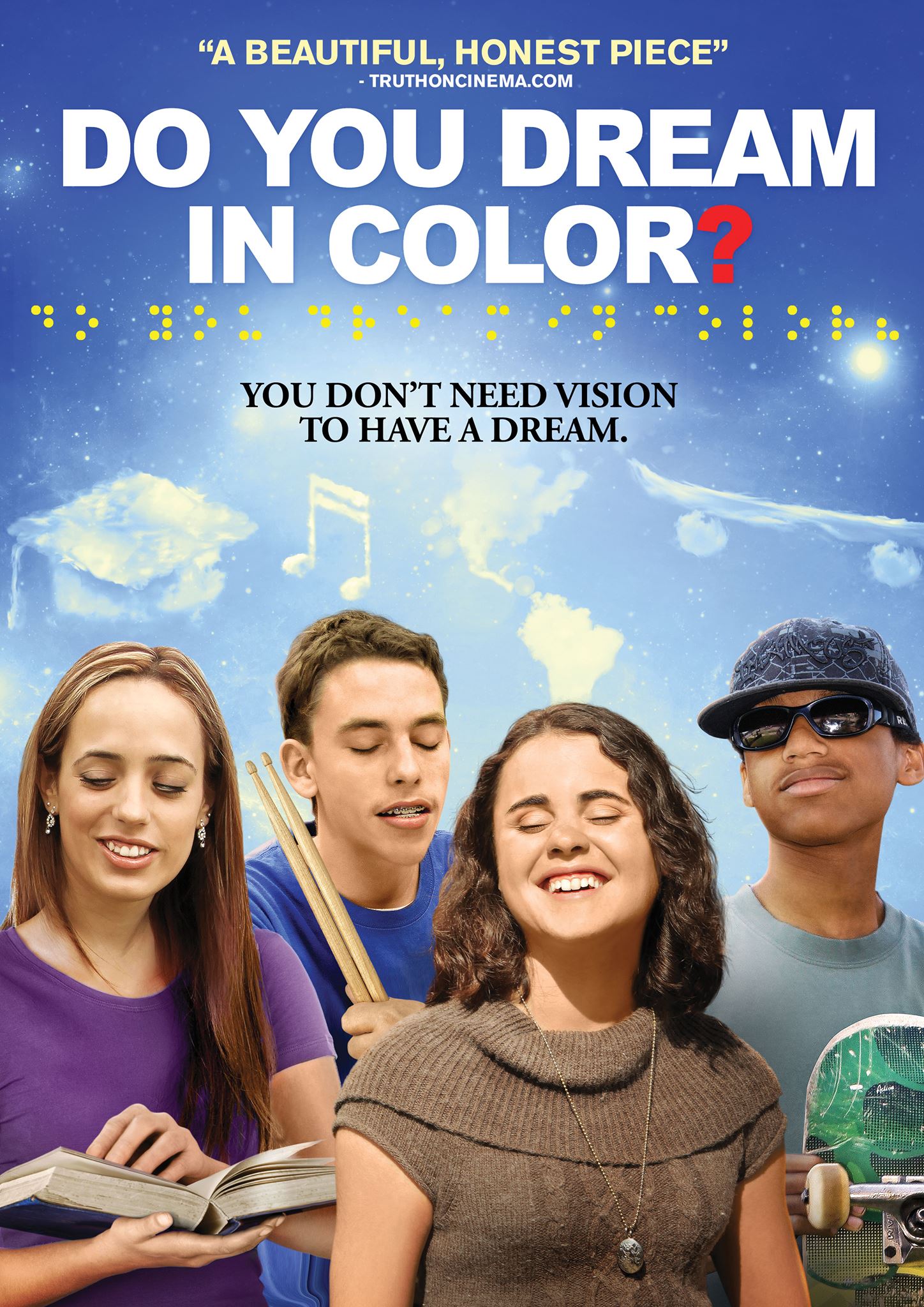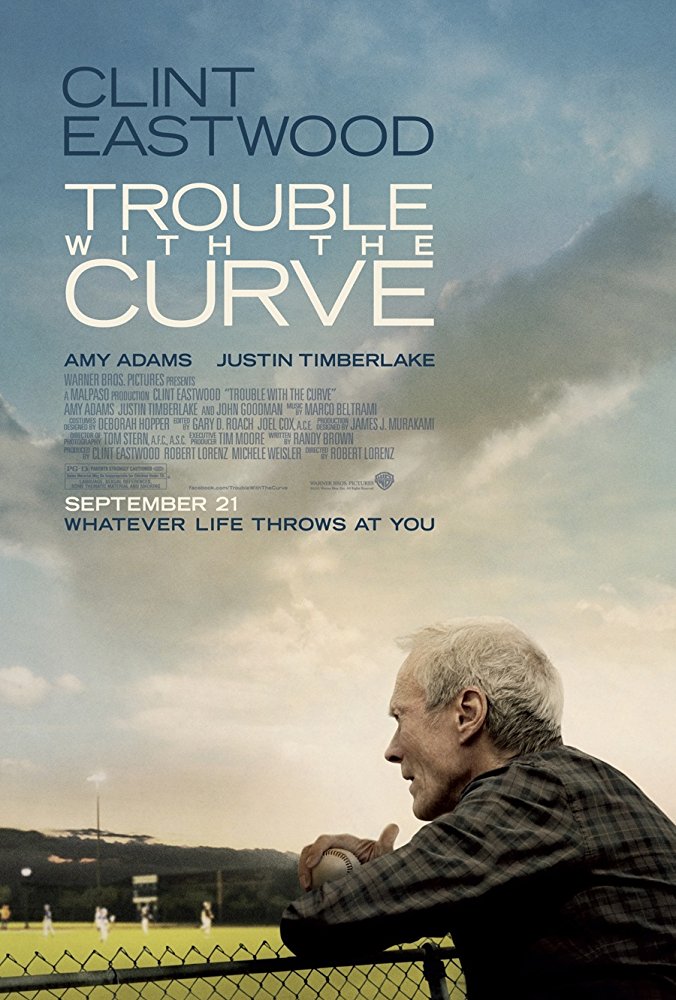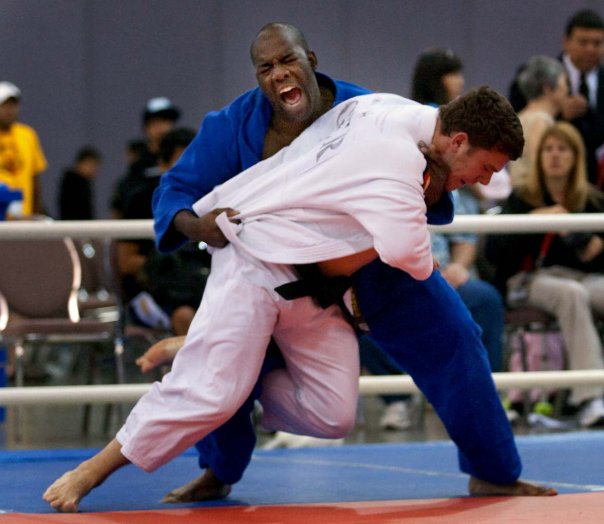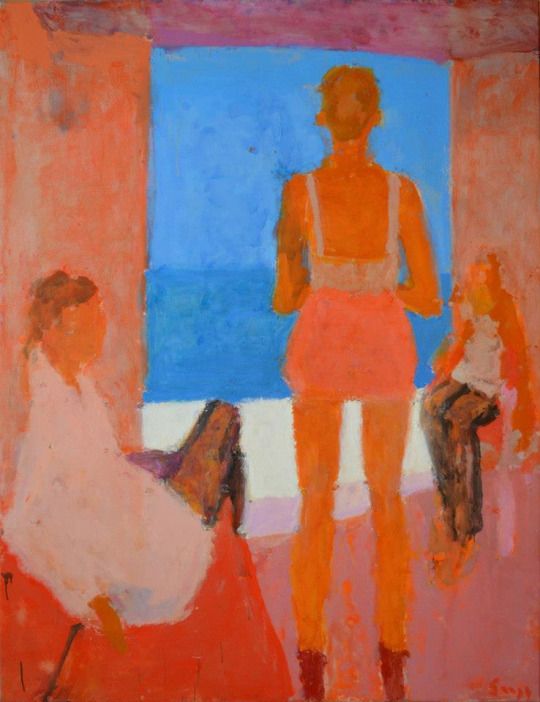Planet of the Blind by Stephen Kuusisto
As a boy he careened down the street on the bicycle his mother bought him. As a teenager he traveled to Europe and played basketball. As a young man he won scholarships, taught classes, went bird watching. And all the while, Stephen Kuusisto would not utter, even to himself, the one central truth of his life: he could not see. With 20/200 vision in his better eye, he was legally blind. Writes Kuusisto: “I see like a person who looks through a kaleidoscope; my impressions of the world at once beautiful and largely useless.” In this breathtaking memoir, Stephen Kuusisto leads us on a vividly painted odyssey into a landscape that is both beautiful, terrifying, and magical. A work of exquisite intelligence and passionate heart, Planet of the Blind is for anyone who has viewed the world through a unique lens – and ultimately seen the truth. —stephenkuusisto.com

